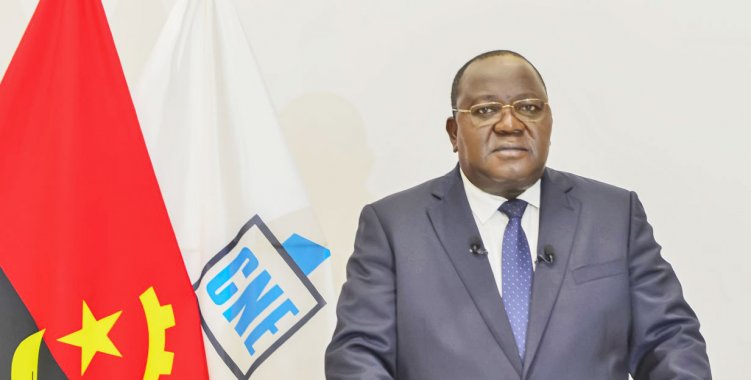The CNE, in a statement to which VerAngola had access, reported that this election took place on Wednesday, as part of the closing of the 26th annual general conference of the SADC Electoral Commissions Forum.
"The 26th annual general conference of the SADC Electoral Commissions Forum, which took place in the Republic of Seychelles, ended this Wednesday with the election of its new leader Manuel Pereira da Silva, president of the National Electoral Commission of Angola", the note reads.
Thus, Manuel da Silva will preside over the forum for two years, between 2024-2026.
In turn, the CNE of the Democratic Republic of Congo assumed the vice-presidency and the CNE of South Africa "assumed the presidency of the Executive Committee of this regional organization".
Speaking at the closing of the conference, Manuel Pereira da Silva thanked the "confidence shown by the region's electoral administration bodies for his election and highlighted the challenges and opportunities that will mark his mandate".
On the occasion, he assured that he will maintain his commitment to "innovation and the consolidation of democracy", assuming the presidency of the aforementioned forum "with the commitment to reinforce the importance of collaboration between member countries to face the region's electoral challenges and to continue the work developed by the ECF", and also considered that the next two years will be crucial to strengthen the electoral processes in the region.
He also mentioned several challenges that will have to be faced over the next few years, including "growing disinformation, manipulation of narratives, hate speech, as well as the need to guarantee the security and integrity of electoral processes".
Manuel Pereira da Silva also mentioned the "internal and external political pressure that SADC countries face in the electoral context, in addition to the urgent need to involve young people in elections, especially in an increasingly active digital scenario", the statement reads.
According to the new president of the forum, the future of electoral processes is linked to how we deal with disinformation, new forms of manipulation and external pressures: "The future of our electoral processes is closely linked to how we deal with the growing disinformation, new forms of manipulation and external pressures. We need to be resilient and innovative, taking advantage of the lessons learned from the challenges we have faced to strengthen democracy in our region", he said, quoted in the note.
However, Manuel Pereira da Silva pointed out that difficulties also provide opportunities, believing that "it is possible to innovate, learn from previous experiences and consolidate a solid and lasting democratic culture in the region".
According to the new president, the "complexity of electoral processes should not be seen as an obstacle, but as an opportunity" to improve.
"The complexity of electoral processes should not be seen as an obstacle, but as an opportunity to improve our practices, strengthen the trust of the electorate and ensure the transparency of our electoral systems. The commitment to democracy must be unwavering", he said, quoted in the note.







